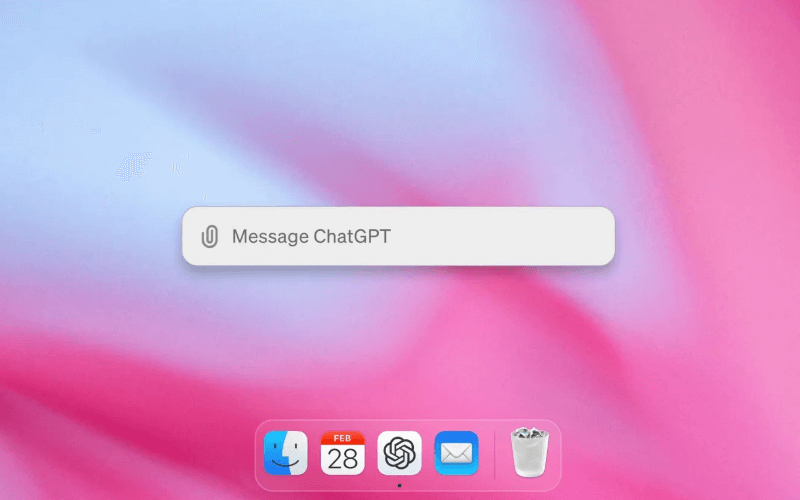In a bold move to disrupt the search engine landscape dominated by Google, OpenAI has unveiled its new AI-powered search engine, SearchGPT. The launch marks a significant step for the company as it expands its reach beyond language models and into the core functionality of the internet.
SearchGPT promises to revolutionize how users interact with information. Unlike traditional search engines that simply provide a list of links, SearchGPT offers a more conversational and informative experience. By leveraging OpenAI’s advanced language models, the search engine can provide summaries of complex topics, answer follow-up questions, and even generate different creative text formats based on search results.
This new approach challenges the traditional search paradigm and positions OpenAI as a direct competitor to Google, which has long held a dominant position in the market. While Google has been investing heavily in AI and search integration, OpenAI’s focused approach and rapid development could disrupt the status quo.
The introduction of SearchGPT also has implications for content creators and publishers. OpenAI has stated its commitment to partnering with publishers and ensuring fair compensation for content used in SearchGPT results. This could potentially reshape the relationship between search engines and content providers.
As SearchGPT is currently in the testing phase, its full potential and impact on the search market remain to be seen. However, the launch signals a new era of AI-driven search and could potentially reshape how users consume information.
Know More About SearchGPT:
- What is SearchGPT?
- SearchGPT is an AI-powered search engine developed by OpenAI that aims to provide a more conversational and informative search experience.
- How does SearchGPT differ from traditional search engines?
- Unlike traditional search engines, SearchGPT offers summaries of complex topics, answers follow-up questions, and can generate different creative text formats.
- Who developed SearchGPT?
- SearchGPT was developed by OpenAI, the company behind ChatGPT and other AI models.
- Is SearchGPT available to the public?
- As of now, SearchGPT is likely in a testing phase and may not be publicly accessible yet.
- What is the goal of SearchGPT?
- The goal of SearchGPT is to revolutionize the search experience by providing more comprehensive and informative results.
Technology and Features
- What technology powers SearchGPT?
- SearchGPT is powered by OpenAI’s advanced language models, similar to those used in ChatGPT.
- Can SearchGPT provide summaries of complex topics?
- Yes, SearchGPT can provide concise summaries of complex subjects.
- Does SearchGPT support follow-up questions?
- Yes, SearchGPT allows users to ask follow-up questions for deeper insights.
- Can SearchGPT generate different creative text formats?
- Yes, SearchGPT can produce various text formats, such as poems, scripts, or code.
- How does SearchGPT handle multiple search results?
- SearchGPT likely prioritizes the most relevant information and presents it in a structured format.
User Experience
- Is SearchGPT user-friendly?
- The user interface is likely designed to be intuitive and easy to navigate.
- Can SearchGPT be used on mobile devices?
- It’s probable that a mobile version of SearchGPT will be developed in the future.
- How does SearchGPT handle privacy concerns?
- OpenAI likely has privacy measures in place to protect user data.
- Can SearchGPT be used for research purposes?
- Yes, SearchGPT can be a valuable tool for research by providing summaries and relevant information.
- How does SearchGPT compare to other AI-powered search engines?
- Comparisons with other AI search engines will depend on the specific features and capabilities of those platforms.
Future Implications
- Could SearchGPT replace traditional search engines?
- While it has the potential to disrupt the market, it may coexist with traditional search engines for different use cases.
- How will SearchGPT impact content creators and publishers?
- SearchGPT could affect how content is discovered and consumed, potentially impacting advertising revenue and SEO strategies.
- What are the potential challenges for SearchGPT?
- Challenges may include ensuring accuracy, preventing misinformation, and maintaining user trust.
- How will SearchGPT evolve in the future?
- Future developments could include improved language understanding, an expanded knowledge base, and integration with other AI tools.
- Will SearchGPT be available in multiple languages?
- Multilingual capabilities are likely to be developed to reach a wider audience.
